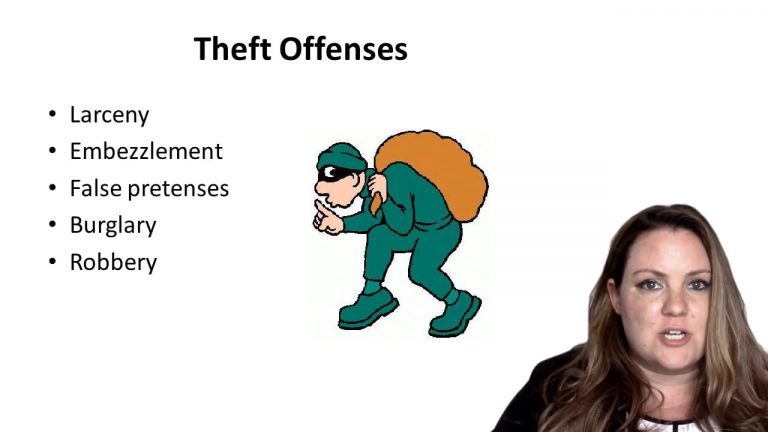SmartBrief
Confirm favorite deletion?
Criminal Law Keyed to Kennedy
Commonwealth v. James O. Mills
Citation:
436 Mass. 387 (2002)Facts
The defendant, a retired cop, was diagnosed with hypertensive heart disease. He applied for and received a nontaxable accidental disability pension of approximately $15,500 per year. The defendant then began to run a private investigation business, Mills Investigations, out of his home in New Hampshire.
Between 1992 and 1994, the defendant received approximately $45,000 in nontaxable accidental disability benefits from the board. Once approved for a disability pension, the only limitation to keeping the full amount received each year is the amount of income the recipient earns, if any, during that same time period. Following receipt of pension benefits, every disability pensioner is required by statute to file with the board a yearly earnings report.
The board estimated that the defendant could earn up to $30,228 in 1992, $30,820 in 1993, and $32,484 in 1994 before being liable for any refunds. For 1992, the defendant withdrew $89,637 from the corporate account of Mills Investigations for his own personal use; he reported to the board that he had earned a total of $25,000. For 1993, the defendant withdrew $65,640 from the corporate account of Mills Investigations for his own personal use; he reported to the board that he had earned a total of $17,500. For 1994, the defendant withdrew $104,494 from the corporate account of Mills Investigations for his own personal use; he reported to the board that he had earned a total of $30,000. As a result of the defendant under-reporting his earnings, the board never sought a refund of any pension money.
Only StudyBuddy Pro offers the complete Case Brief Anatomy*
Access the most important case brief elements for optimal case understanding.
*Case Brief Anatomy includes: Brief Prologue, Complete Case Brief, Brief Epilogue
- The Brief Prologue provides necessary case brief introductory information and includes:
Topic:
Identifies the topic of law and where this case fits within your course outline.Parties:
Identifies the cast of characters involved in the case.Procedural Posture & History:
Shares the case history with how lower courts have ruled on the matter.Case Key Terms, Acts, Doctrines, etc.:
A case specific Legal Term Dictionary.Case Doctrines, Acts, Statutes, Amendments and Treatises:
Identifies and Defines Legal Authority used in this case.
- The Case Brief is the complete case summarized and authored in the traditional Law School I.R.A.C. format. The Pro case brief includes:
Brief Facts:
A Synopsis of the Facts of the case.Rule of Law:
Identifies the Legal Principle the Court used in deciding the case.Facts:
What are the factual circumstances that gave rise to the civil or criminal case? What is the relationship of the Parties that are involved in the case.Issue(s):
Lists the Questions of Law that are raised by the Facts of the case.Holding:
Shares the Court's answer to the legal questions raised in the issue.Concurring / Dissenting Opinions:
Includes valuable concurring or dissenting opinions and their key points.Reasoning and Analysis:
Identifies the chain of argument(s) which led the judges to rule as they did.
- The Brief Prologue closes the case brief with important forward-looking discussion and includes:
Policy:
Identifies the Policy if any that has been established by the case.Court Direction:
Shares where the Court went from here for this case.
Topic Resources
Topic Outline
Topic Refresher Course
Topic Charts & Notes 

 9m 29s
9m 29s